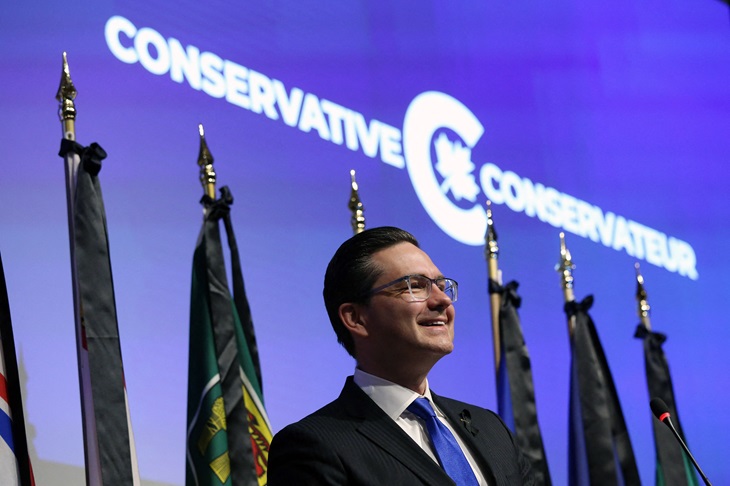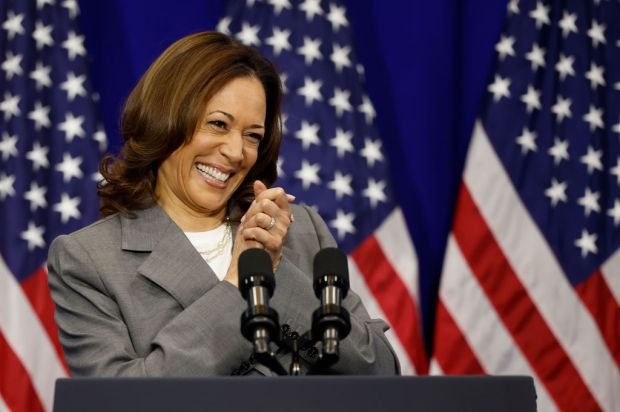Pierre Poilievre is the gambler’s choice to become Canada’s next Prime Minister and he is becoming an international political superstar in the process. With Justin Trudeau’s government looking worse by the week, Canadians are buying into Poilievre’s blend of traditional conservative principles and economic populist flavour.
If polling trends hold, Poilievre’s Conservative Party will win the next election with a super-majority not witnessed since the 1980s.
Already a subscriber? Log in
Subscribe for just $2 a week
Try a month of The Spectator Australia absolutely free and without commitment. Not only that but – if you choose to continue – you’ll pay just $2 a week for your first year.
- Unlimited access to spectator.com.au and app
- The weekly edition on the Spectator Australia app
- Spectator podcasts and newsletters
- Full access to spectator.co.uk
Or


























Comments
Don't miss out
Join the conversation with other Spectator Australia readers. Subscribe to leave a comment.
SUBSCRIBEAlready a subscriber? Log in